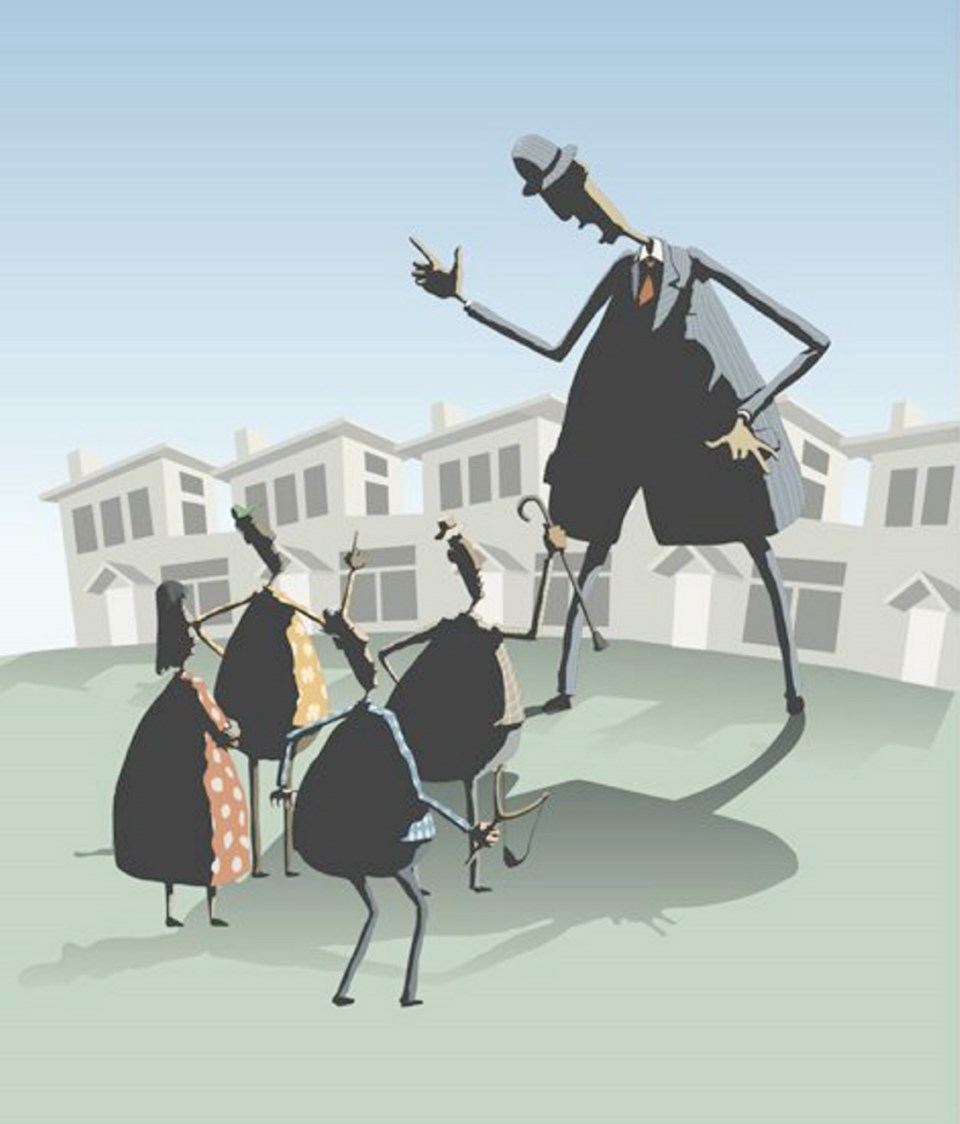Dear Tony: We have an owner in our strata who always chairs our annual meeting and is absolutely horrible to our owners. This man was introduced to the owners as a parliamentarian who specialized in meetings for associations and strata corporations, but the number of errors that have occurred indicate this is not the case.
We have constant disputes over the role of the chairman. Owners are asking questions about procedures and he is ruling them out of order.
When a count was challenged at our last meeting, the chairman ejected two owners from the meeting. We requested a hearing with council to address a procedural issue about the voting, and once again, this person was at the meeting in control of the process. Our strata has been hijacked by the agenda of this one person and the owners don鈥檛 know how to proceed.
Anne A., Tri Cities
Dear Ann: For some reason, there are some council members, property managers and parliamentarians who seem to have a very wrong impression about the role of the chair of strata general meetings.
They are not suddenly put in charge. Under the standard bylaws of the Strata Property Act and most strata bylaws, the president or vice-president of council are by default the chairs of meetings, unless they both decline or are unable to chair the meeting.
There are no special powers conveyed upon the person who is chairing the meeting, but there is a great deal of responsibility and liability. If the president or vice-president is unable to chair the meeting, the chairperson must be elected. Depending on the bylaws, anyone who is attending the meeting or is an eligible voter may be elected as chair.
The election of a chairperson requires a majority vote for the meeting, but that does not confer ultimate authority upon this person. Your two ejected owners that disagreed with the chairperson had their voting rights taken away without any authority.
This is the type of erroneous behaviour that needlessly drags stratas into the courts or arbitration. The rules of order of the Strata Property Act are very simple.
All matters are decided by a majority vote, unless a three-quarters or unanimous vote is required, except for voting thresholds defined in the bylaws for non-residential strata lots.
The basic responsibilities of the chairperson are as follows: a) ensure the procedures of the agenda, resolutions and proposed amendments and voting comply with the Act and bylaws of the strata; b) facilitate the meeting agenda to ensure there is reasonable time for discussion on the resolutions; c)听determine when sufficient discussion on each motion is reached, in order to call for a vote; d) facilitate the meeting in a respectful and orderly manner; and e) ensure that voting procedures comply with the bylaws of the strata and are transparent, honest and clearly reported for the minutes.
If your chairman is acting like a bully, you have a problem. Section 50 of the Act, which determines that decisions are by a majority vote, gives the strata owners a significant amount of authority.
If the chairman is not acting appropriately to facilitate the business of your strata, the owners by majority vote may challenge the chairman.
For example, if an owner proposes an amendment to a motion and the chairman declines the amendment, the eligible voters may challenge the chair鈥檚 decision. Essentially, by majority vote, the eligible voters at the meeting take the decision-making away from the chairman, and by majority vote, decide whether to permit the amendment.
The same process may apply to a chairman who denies a speaker or ends debate without the agreement of the eligible voters. A competent chairman will engage the owners in the decision-making process and facilitate an efficient meeting.
听
Tony Gioventu is executive director of the Condominium Home Owners Association. Online: choa.bc.ca



